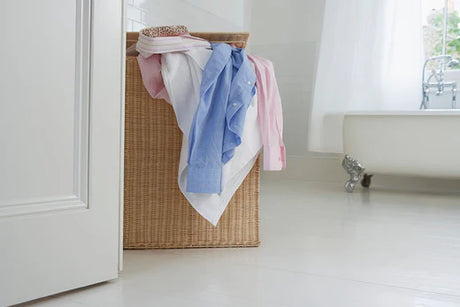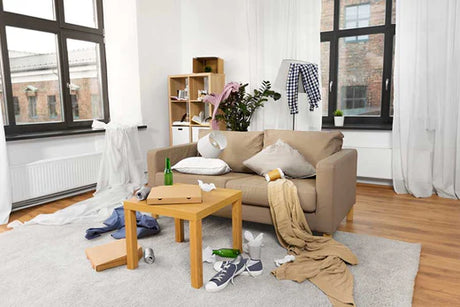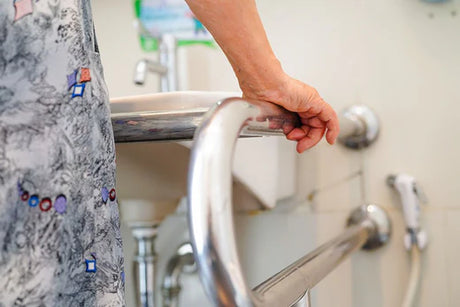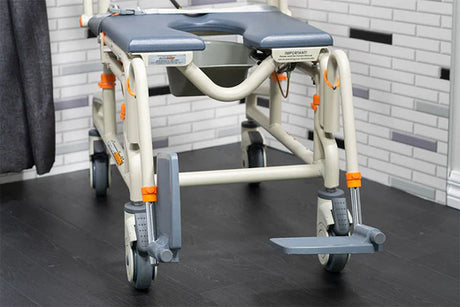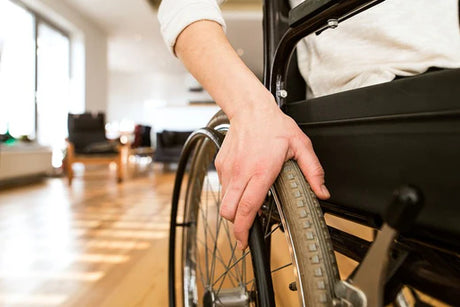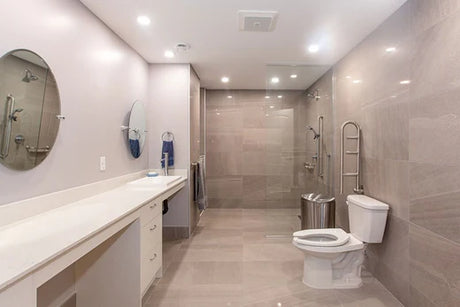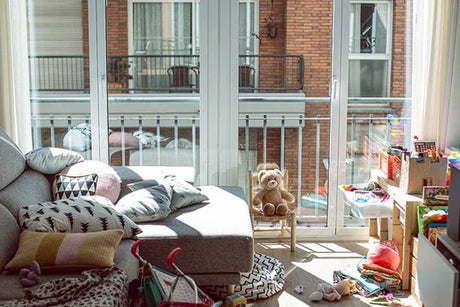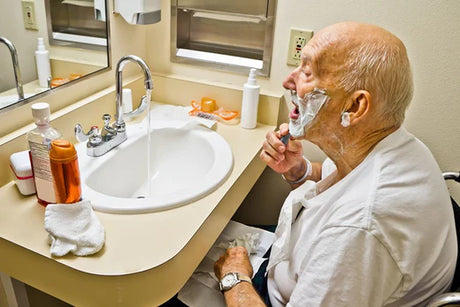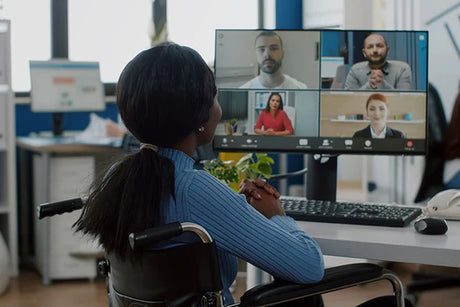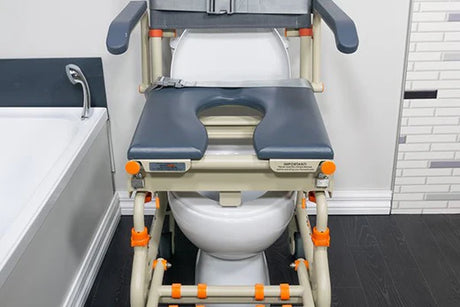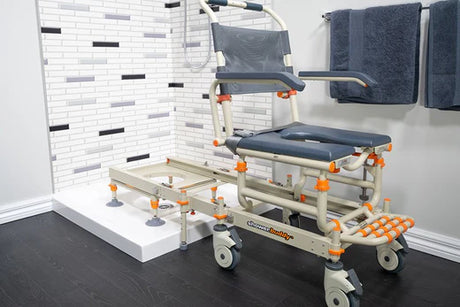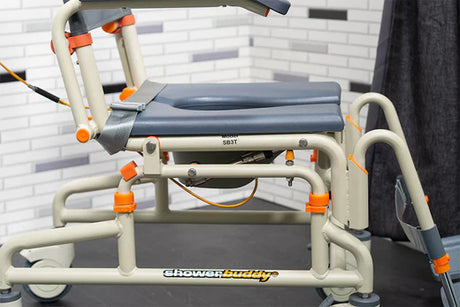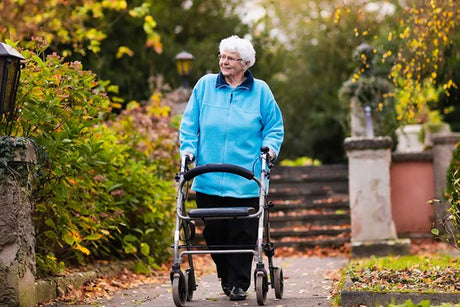Tap into available support and services
One of the first steps towards managing a disabled child is making use of the resources, benefits and support people that are freely available to families of disabled children. Exactly what this help looks like depends on which country you live in. Australia, for example, has the NDIS which is dedicated to providing support and assistive technologies for Australians, including children with disabilities and their family.
In New Zealand, where Showerbuddy is designed, there are a number of avenues for families to explore support, including a range of financial support.
Your best bet is to jump on Google and search for support and services available to you. In any event, your medical team will refer you to the likes of an occupational therapist who can start advising on your options for extra help.
Be willing to accept help from family and friends
Coming to terms with disabled child care for the long term isn’t easy. There will be times where you and other family members struggle. Don’t feel like you need to take sole responsibility for care. Chances are you’ll get offers from friends and family to help – this might be something like helping carpool your other children, preparing a meal, taking a car for a repair or any other indirect job. When you’re focusing on caring for your child, having help take care of other ‘life admin’ can mean the difference between a good and not so good day. So when someone offers, take them up on it!
Of course there’s also the possibility that some family members will not know how to help. They might be uncomfortable and not know how to approach supporting you. If this is something you experience, consider actively reaching out with explicit requests for what you need – it’s always good to have many options for help rather than a few go-tos who regularly get called upon.
Connect online with other parents with disabled children
There’s plenty of downsides to social media and the internet, sure. But one of the positive things about it is the creation of communities on virtually any topic you might be interested in. When it comes to disabilities and parenting, you’ll find a number of large ‘groups’ on Facebook, as well as online forums too. Do some digging around and consider joining a number, then work out which ones are best for you.
Just be careful to not take every personal experience shared by these communities as sound advice. Ultimately you, your child and the support team you’ve got will be able to make the best judgement call. In saying that, you will likely pick up some useful nuggets of information in these places, or at the very least get comfort from hearing others with similar experiences.

Allow for more time in your daily schedule
Caring for a disabled child requires much more time for daily tasks – how long depends on the disability. Activities like eating, bathing, toileting and travelling will all come with extra time to provide support or make sure of assistive technology and equipment.

Encourage your child’s abilities

The way to support these interests may be different, but as we see time and time again in our global community, families are finding ways around perceived ‘limitations’ every day – just look to the dad who helped his 8 year old boy with cerebral palsy experience the rush of a skatepark in his wheelchair.
Don’t get hung up on ‘milestones’
Any parent knows the dreaded ‘milestones’ discussion that comes up online or in parent groups, especially in those first 3-5 years. As a parent of a disabled child, these discussions really aren’t applicable to you – in fact these discussions are rarely useful having with anyone other than your child’s GP or medical professionals – disabled or otherwise.
After your child is diagnosed with a disability, you might have goals set around things like toilet training and eating, based around the current level of disability and projected natural development or rehabilitation road map. Focus on these rather than general milestone advice from Dr. Google!
Keep an open mind as to what’s possible
Check out this awesome video from Attitude on YouTube where mothers share their experiences as parents of disabled children.
Take some time out for you
Having a disabled child doesn’t mean you cease to be who you were before. In fact, it’s more important than ever to take care of yourself, away from the challenges of everyday life. Without regular periods of respite, it’s easy to lose energy, burn out and not be the parent we want to be.
Time out might mean a day at the spa, going to a sporting event with friends, having a night away, or even spending a few hours on a hobby alone. Many of our Showerbuddy families look to exercise as a tremendously beneficial and healthy outlet.
Dedicated time with other family members
For couples with a disabled child, deliberate time with each other and no one else is absolutely critical. The reality is your relationship was and still is more than just care for your child (or children). Like above, this time doesn’t need to be anything long, but should be worked in as frequently as practical to keep your relationship strong. The better this works, the better team you’ll be for your disabled child.

Struggling to see where the time can be made? This is when support carers come in. Get the respite you and your family need!
If possible, include your child in their own care plan
It’s not just us adults that are instinctively independent. Children crave control over their lives as much as possible. The lack of any say over what they do, where they go, what they eat etc can be tremendously discouraging. If your child is an age and ability where they are communicating, seek to include them in decision making around the care plan. Daily routines need not be set in stone if your child is perfectly capable of managing some of their own tasks. Even choice over what to have to eat can help a disabled child feel more in the driver’s seat of their life.
In cases where the disability is purely physical, your child’s maturation and/or rehabilitation will enable more independence around daily life. Stay attuned to the cues your child gives that might suggest it’s time to cede more responsibility over – the benefits will be clear pretty quickly!
Use mobility equipment for more efficient, easier care routines
Mobility equipment like bars, chairs, and beds can provide tailored support for you and your child that makes daily life just a bit easier. Some equipment is an excellent investment (in some cases funded by government initiatives) and can not only save time, but effort as well.
Bathing and using the toilet are arguably the most sensitive of daily routines, with children rapidly growing and seeking more independence. It’s why families around the globe invest in a solution – in many cases a considerable remodelling to suit the disabled child’s needs is done. But this isn’t actually required. Thanks to years of mobility research and design expertise, families can provide easy shower and toilet support for their child with a solution that doesn’t leave so much as a drilled hole in the bathroom wall. We’re of course talking about Showerbuddy.

One of the great advantages to a system like Showerbuddy is that this piece of equipment can adapt and grow with your child. Users have access to a range of chairs based on bathroom format, and have the ability to customise this chair to fit their evolving bodies and needs. It’s set up and in use within an hour, and can be removed from the bathroom so other family members can continue using the space in its original form. If you’re interested in a solution like this, please get in contact with our team now.
Further Reading
- How to care for a disabled child – NHS (UK)
- Support for children with additional needs – Plunket NZ
- Caring for someone with a health condition, injury or disability – WINZ (NZ Govt)
- Caregiver Support – USA Gov Website
- Disability benefits – Canada Gov Website

![Caring for Disabled Children [Tips on Navigating your Journey]](http://shower-buddy.com/cdn/shop/articles/Showerbuddy-blog-caring-for-disabled-children_520x500_13f6620b-8b3c-4ed7-b790-19e95da2d027.webp?v=1722559704&width=1600)









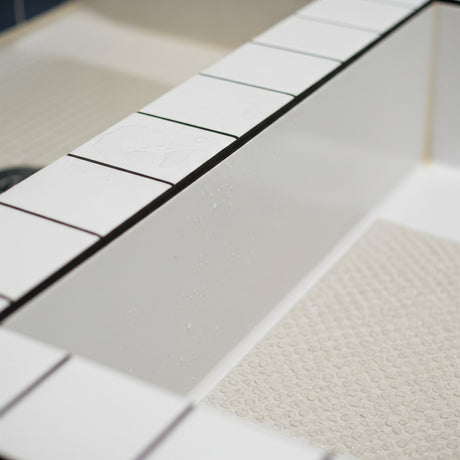


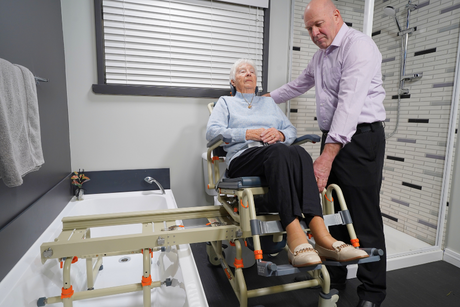
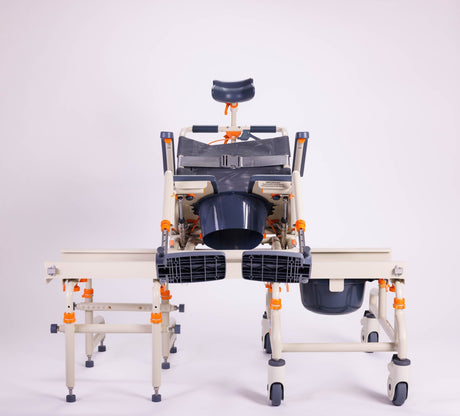
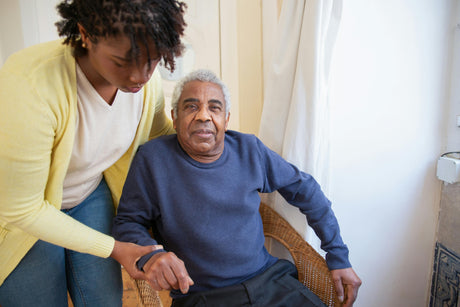
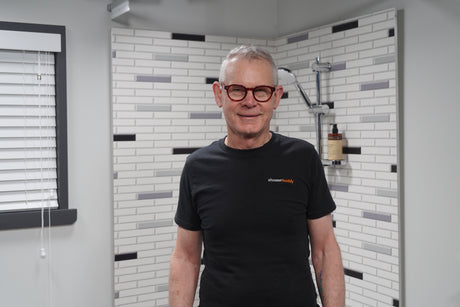
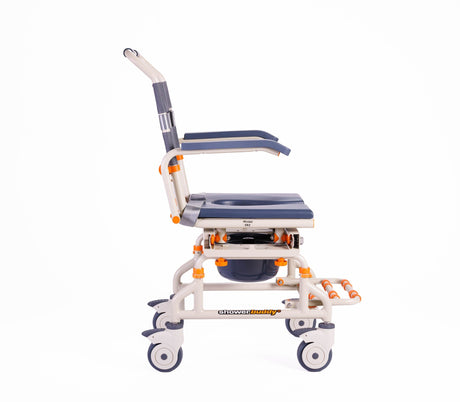
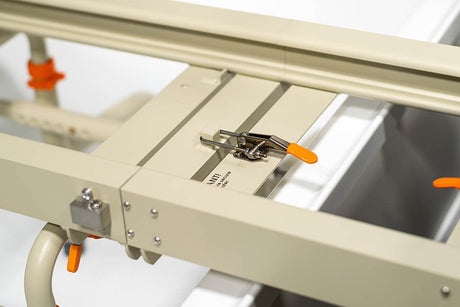
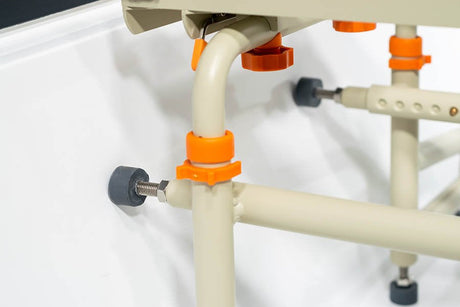
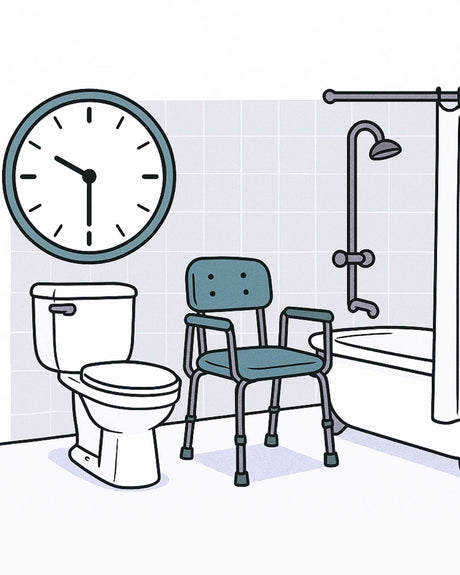
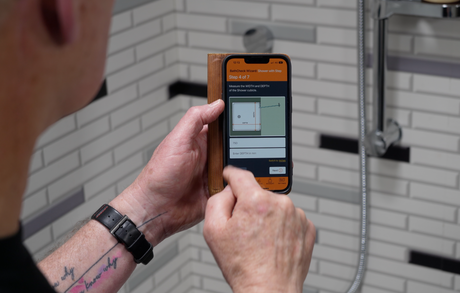
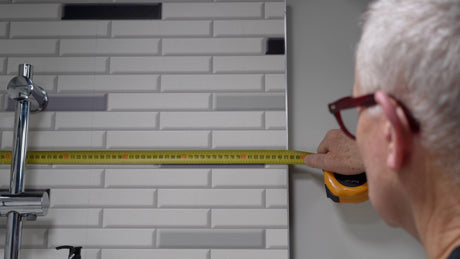

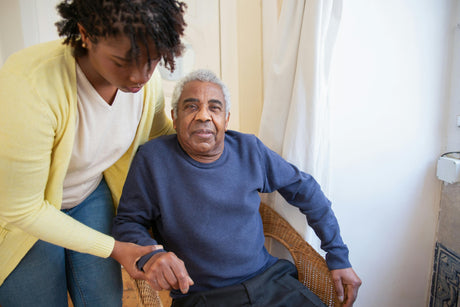
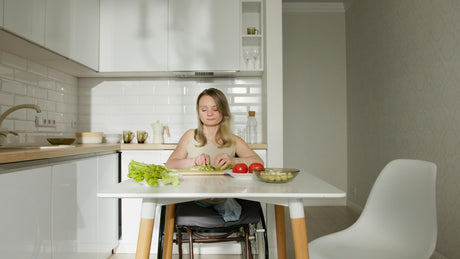
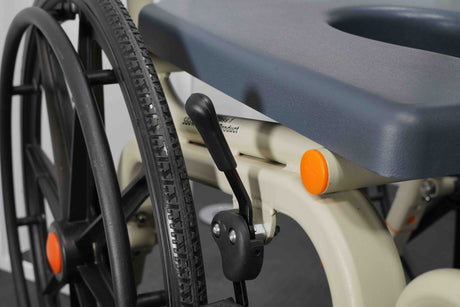

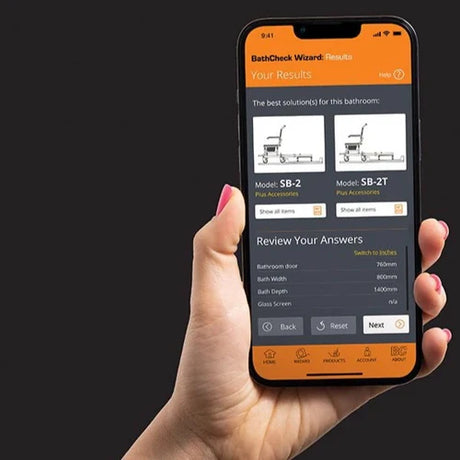
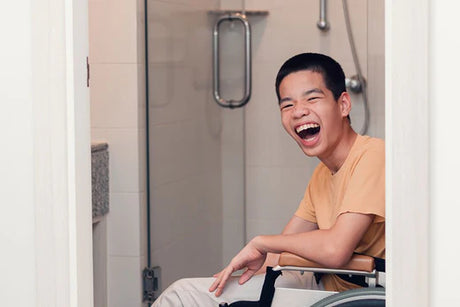
![Toilet Training A Young Child With Mobility Challenges [And How A Shower Chair Can Help]](http://shower-buddy.com/cdn/shop/articles/toilet-training-disabled-child_520x500_a90e5234-d372-435d-aa56-8da15dd3836c.webp?v=1722557239&width=460)

